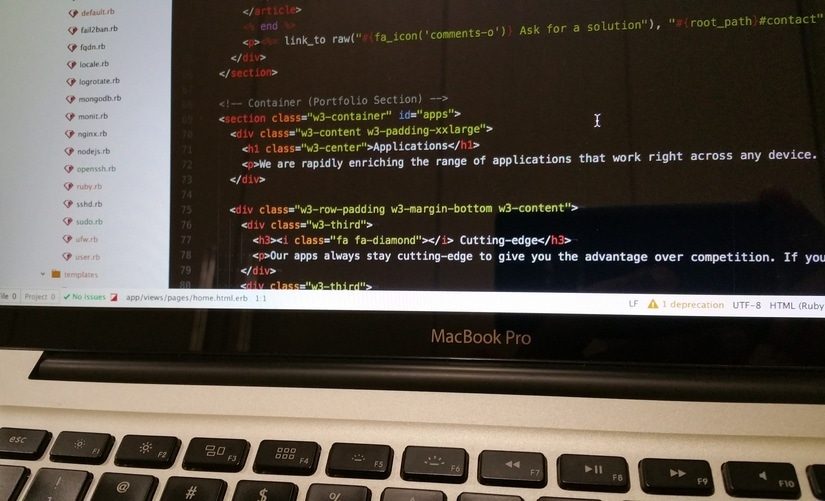Design stage: Background research and target setting
With guest contributions by Delvin Varghese (OpenLab): What are the key technologies enabling digital civics? Which forms of participation emerge and what is the role of locative media in urban planning? In this session we will try to see technologies for what they are: constructs and substance of human practices. This view helps in critiquing our own practices as designers of technologies, but it also offers a view on contexts of application, and the role of context for fitting technologies ‘in’. We will try to see what civic interactions can be computer-supported and what this means in different contexts. Technologies to be introduced is ‘soft’ such as locative media, data analytics; and more ‘hard’ such as mobile consumer devices or bespoke networks sensors.
Seminar: This seminar focuses on user interviews. In the seminar, you will discuss and prepare a set of questions to ask your informants. This is to find criteria for ‘good’ design? And for the goals you set in the previous week, it will help you to enlist how might we questions. After this session, you should be good to do some basic background research for your project and interview stakeholders listed in your brief to help you refine the outcomes of your project (i.e. for example by choosing to design for a key user group or a key interaction important in your challenge).
Team: Define a target for your design sprint by choosing one user group and one event (from your map). This will become the focus for your design activities in the next couple of weeks.
- As you do your user interviews, write a brief profile introducing each individual and post it on the blog. Use made up names. Who are they? Which audience do they represent? What key concerns did they share and what needs and requirements did you develop from this for your project? You can subdivide this task amongst members in your team.
